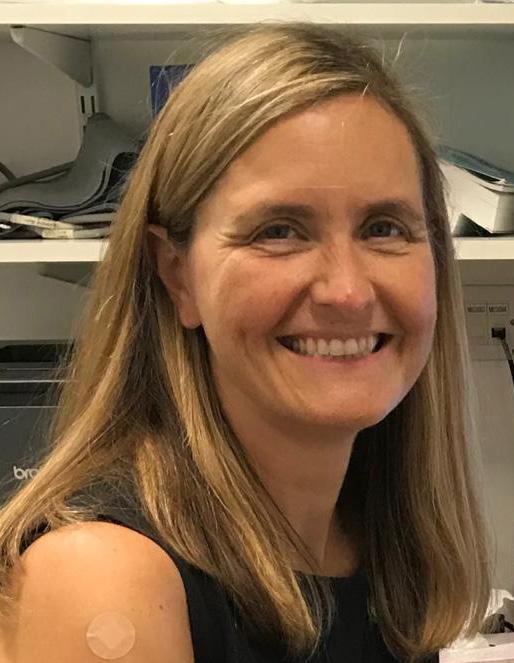
3 minute read
Speaking up in general practice
from GP Frontline: Autumn 2021
by RCGP
Dr Henrietta Hughes talks about her work as former National Guardian for the NHS in England
“The role of a Freedom to Speak Up Guardian is proactive, identifying hot spots in culture and breaking down barriers that prevent people from speaking out; it’s also reactive, impartially listening to those that approach us with problems and supporting them to achieve their desired outcome,” says Dr Henrietta Hughes, a practising GP in East London and, until recently, the National Guardian for the NHS in England.
The 2016 Francis Report identified that a growing number of healthcare workers did not feel listened to when raising concerns in the workplace, and those that did often felt victimised. As a result, it was recommended that a network of Freedom to Speak Up Guardians be established initially in NHS Trusts and now across the health sector in England, to create a better way for people to feel safe to speak up.
One of the most common barriers to deter people from speaking up is futility. “People often think that no resolution or improvements will come from speaking up,” said Henrietta. “Other reasons include conflicts of interest, or if a staff member is working in temporary employment – but when people are able to speak up, important issues can be addressed such as patient safety or bullying and harassment.”
In Henrietta’s previous role as a Medical Director at NHS England, she received calls directly from GPs and doctors in training – raising concerns about patient safety and probity issues. Listening to these concerns, preserving confidentiality and acting to put things right were all experiences which stood her in good stead to be the National Guardian for the NHS.
Five years later, Freedom to Speak Up has grown as a social movement, from 90 Freedom to Speak Up Guardians to more than 700, dealing in total with more than 50,000 cases. The mission is to embed speaking up as the ‘golden thread’ that runs through the NHS by creating awareness with an annual Speak Up Month campaign. Henrietta has also successfully lobbied for questions evaluating speaking up services to be included in the annual NHS staff survey.
As a GP herself, Henrietta believes that general practice has the greatest overview of the NHS, seeing the transition between primary and secondary care services – and that ‘fostering a good freedom to speak up culture in general practice is especially important’.

Dr Henrietta Hughes
The work of the National Guardian’s Office is extending across general practice in England. Leeds GP Confederation became the hub of the Speaking Up programme for Leeds Community Trust, the winners of the HSJ’s Freedom to Speak Up Organisation of the Year Award 2020. The Trust created a base of 15 Freedom to Speak Up Guardians, as well as appointing specialist Speaking Up Champions for minority ethnic groups and Freedom to Speak Up Guardians for colleagues facing issues of domestic violence and abuse. Guardians were also set up in the practice to help support vulnerable colleagues who have been shielding during the pandemic.
After the Black Lives Matter movement, Liverpool Primary Care Network pledged a clear anti-racism commitment and began to look for ways to tackle racial inequality in the workplace. After discussions with the National Guardian’s Office on how best to implement ways to address race inequalities and inclusion, Liverpool Primary Care Network became the first in England to appoint a Freedom to Speak Up Guardian in addition to nine Freedom to Speak Up Champions across the network’s practices.
Dr Laura Power was the first GP to become a Freedom to Speak Up Guardian and is keen to make a real difference to her colleagues and other GP practices across the community by bringing her passion for inclusion and equality to help colleagues grow more confident about sharing their concerns.
Statistics currently suggest that only two thirds of NHS staff feel safe to speak up, ‘so there is still significant work to do,” says Henrietta. “The mission continues to be to foster a culture throughout the healthcare service that makes it easy to speak up, and that the appropriate feedback and action is taken to resolve problems in a timely way. The National Guardian’s Office wants speaking up not just to be embedded into the workplace, but into our day to day lives too.”
Henrietta has now taken up a new role as Chair of the Institute of Integrated Systemic Therapy – a charity that cares for children and young people who are psychologically and emotionally disturbed, and continues to place speaking up, listening up and following up at the centre of her clinical practice.










